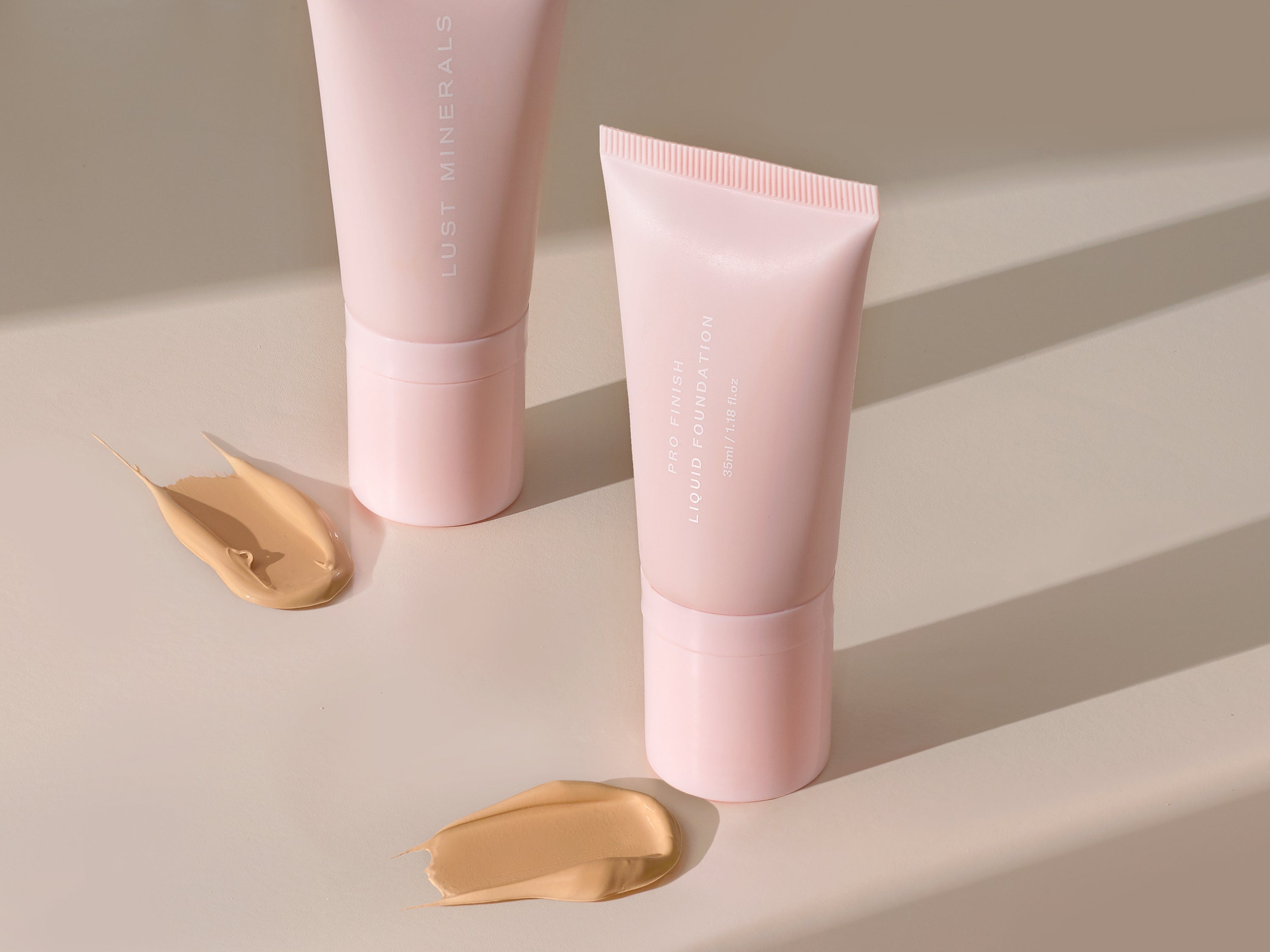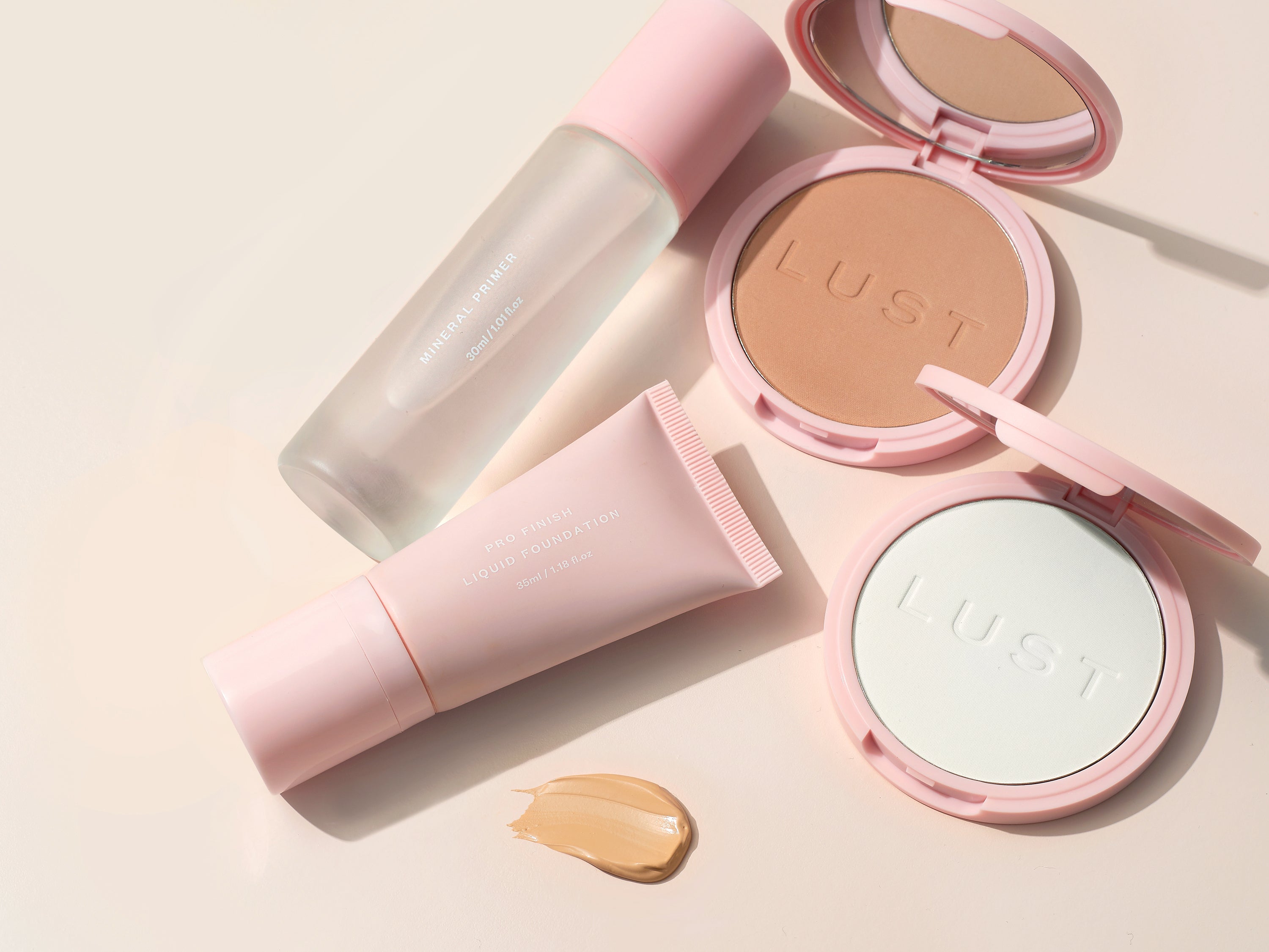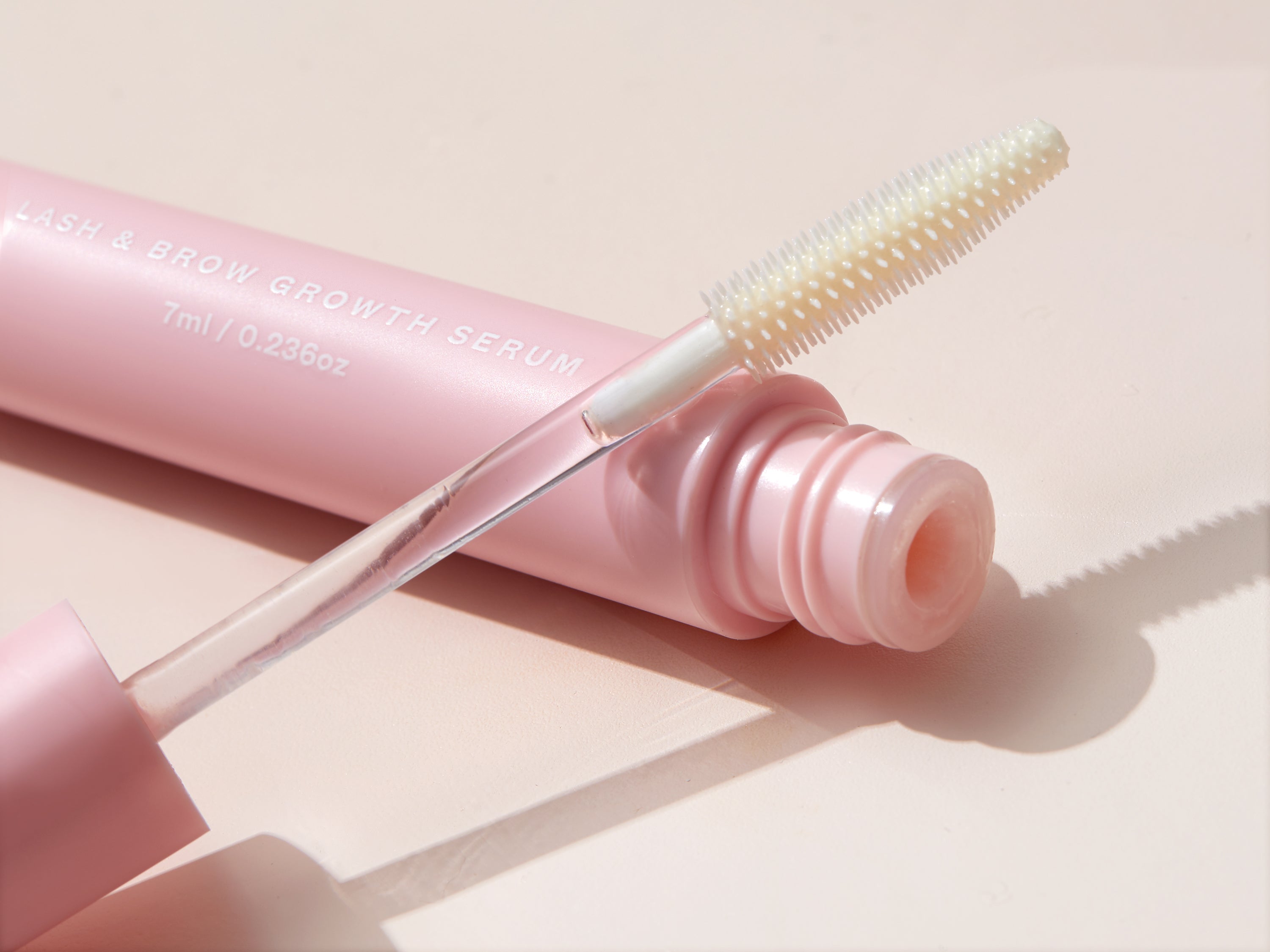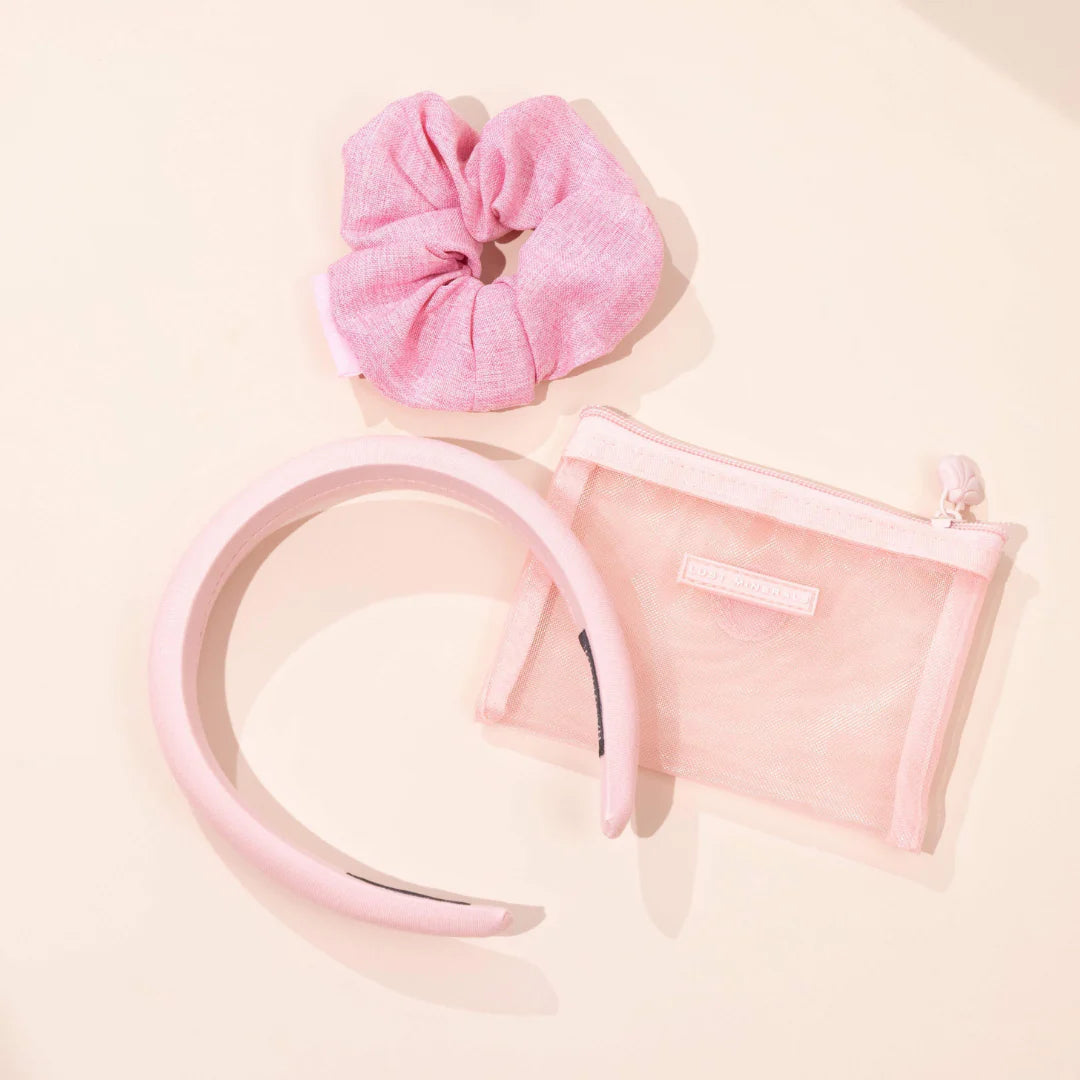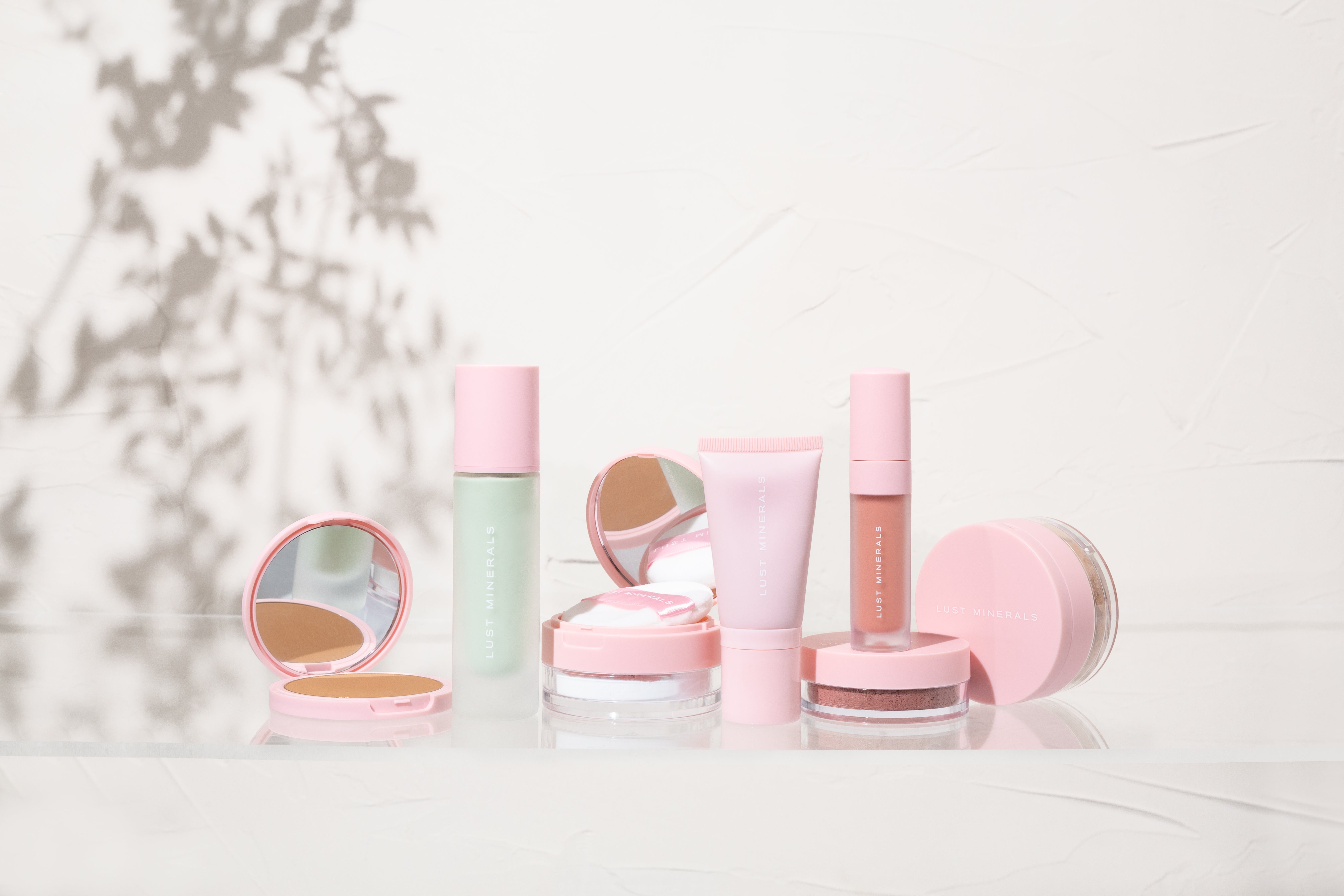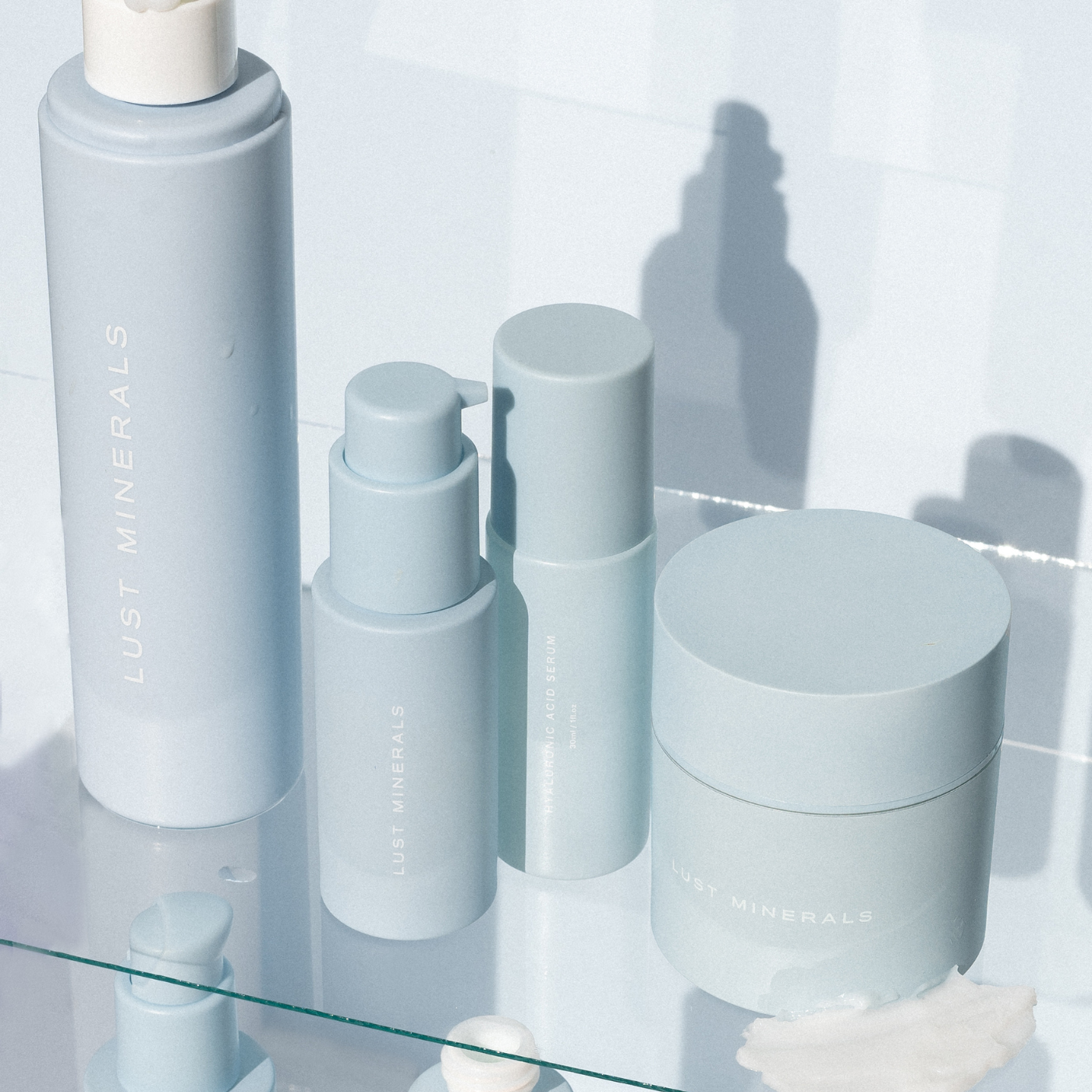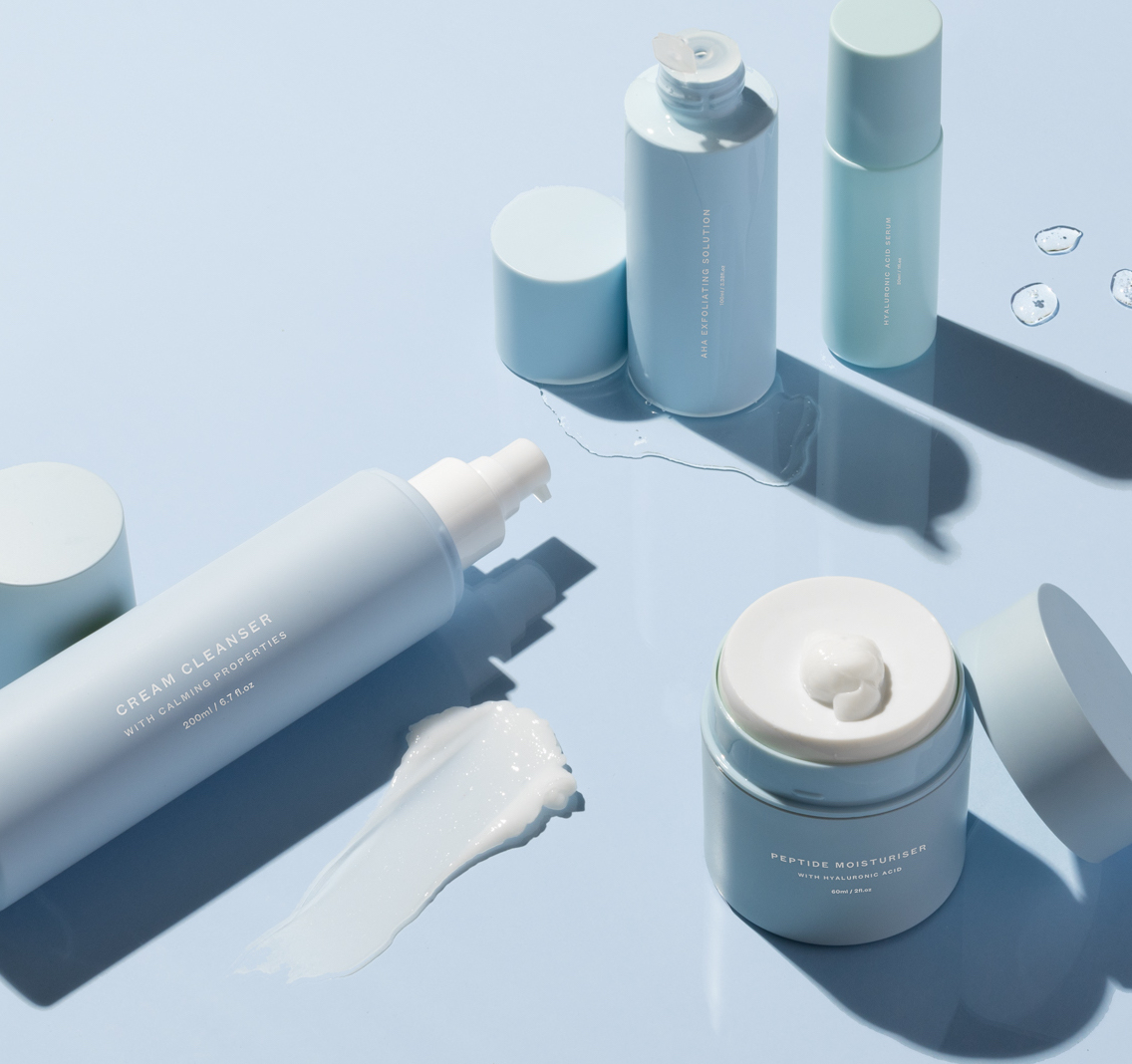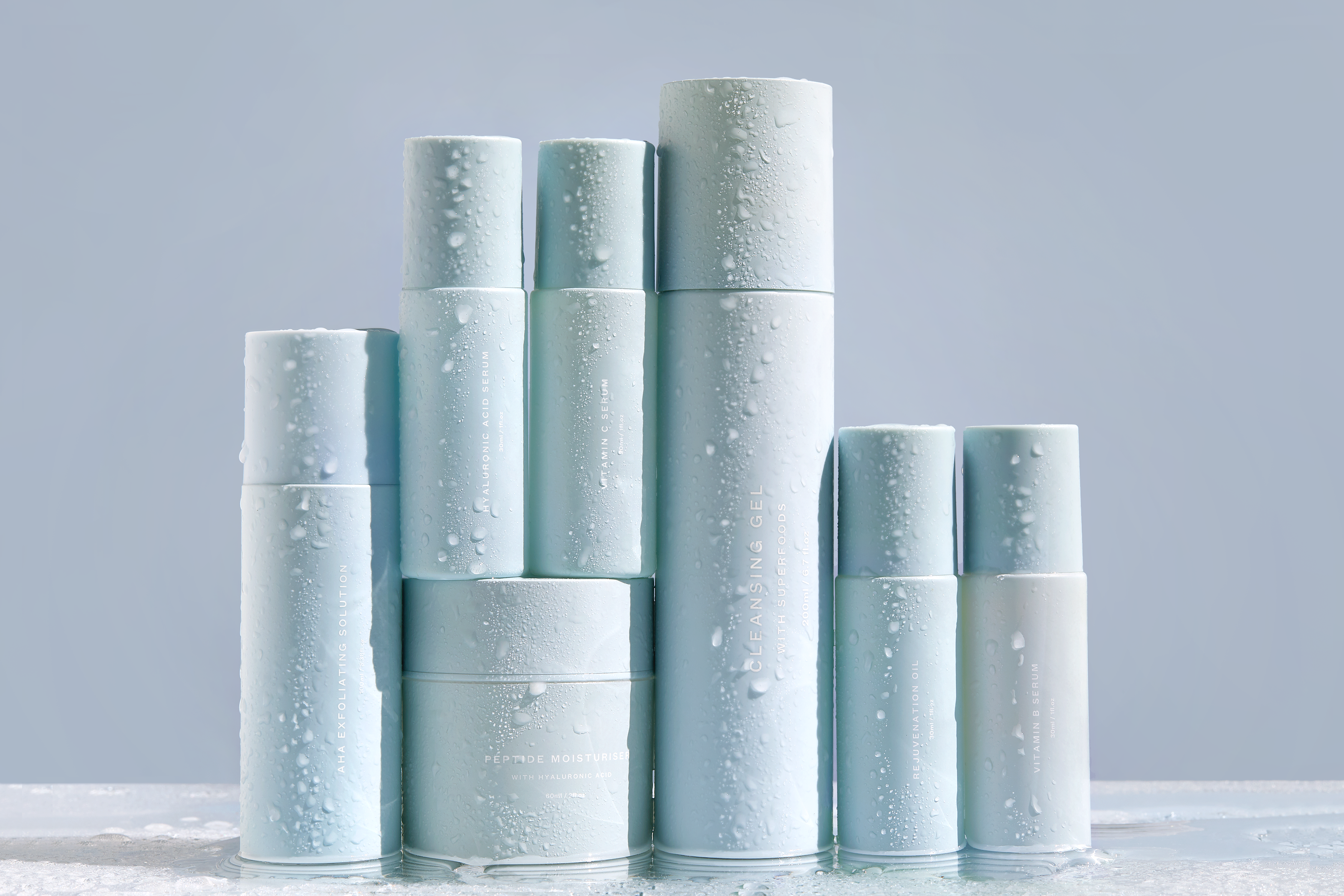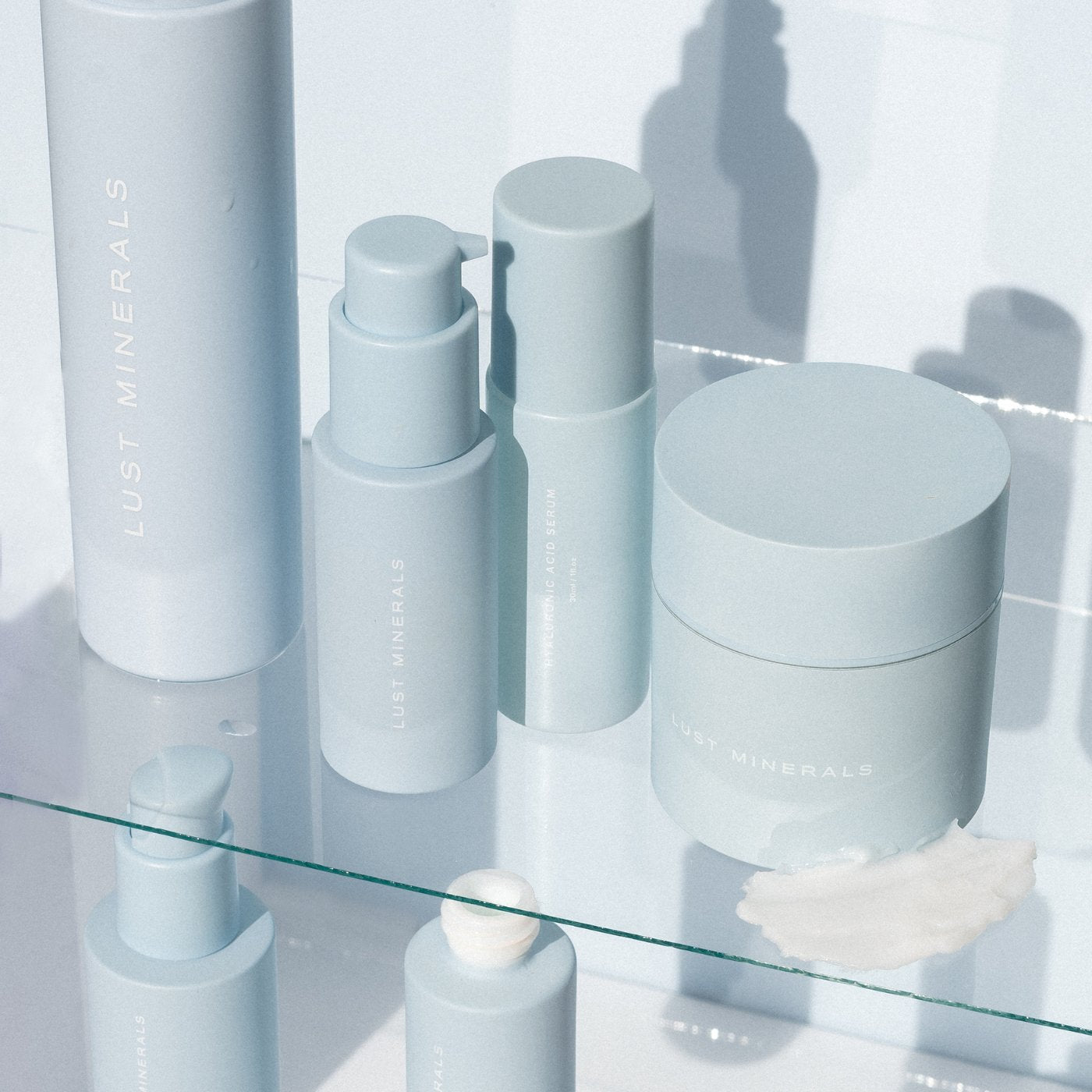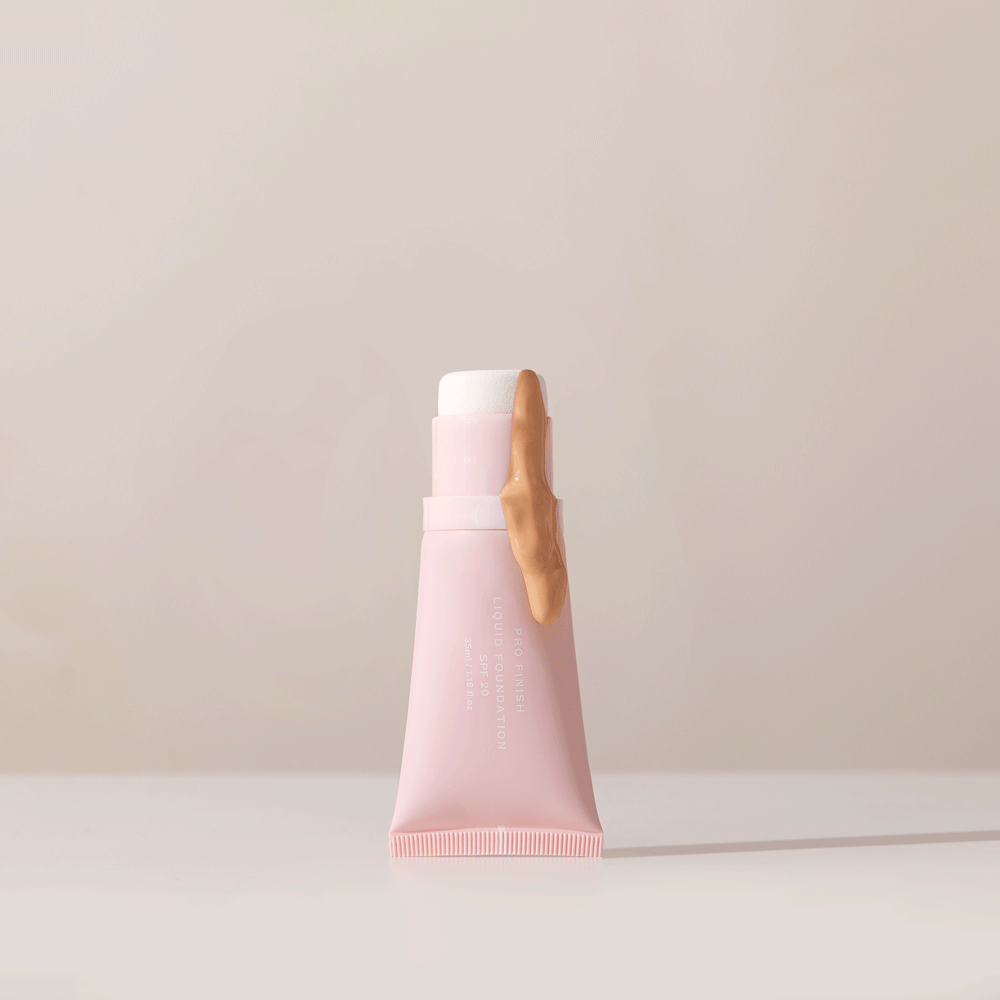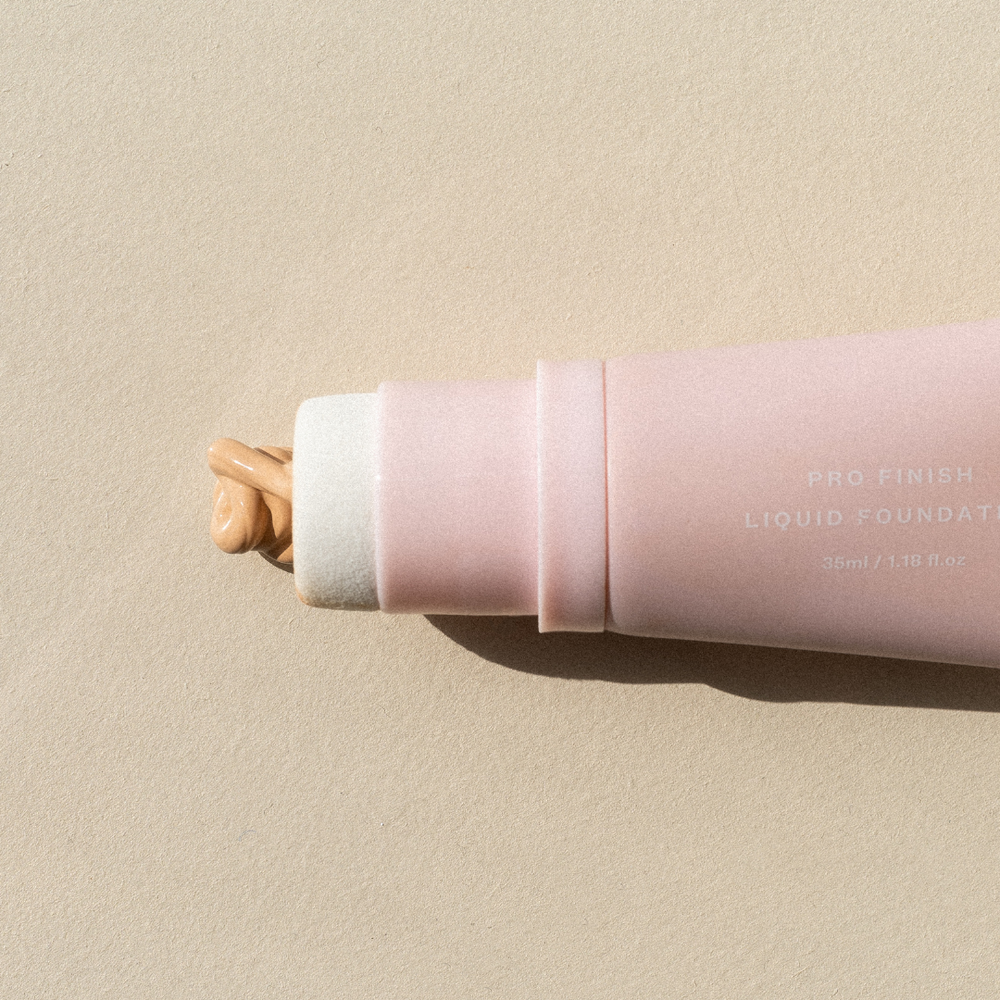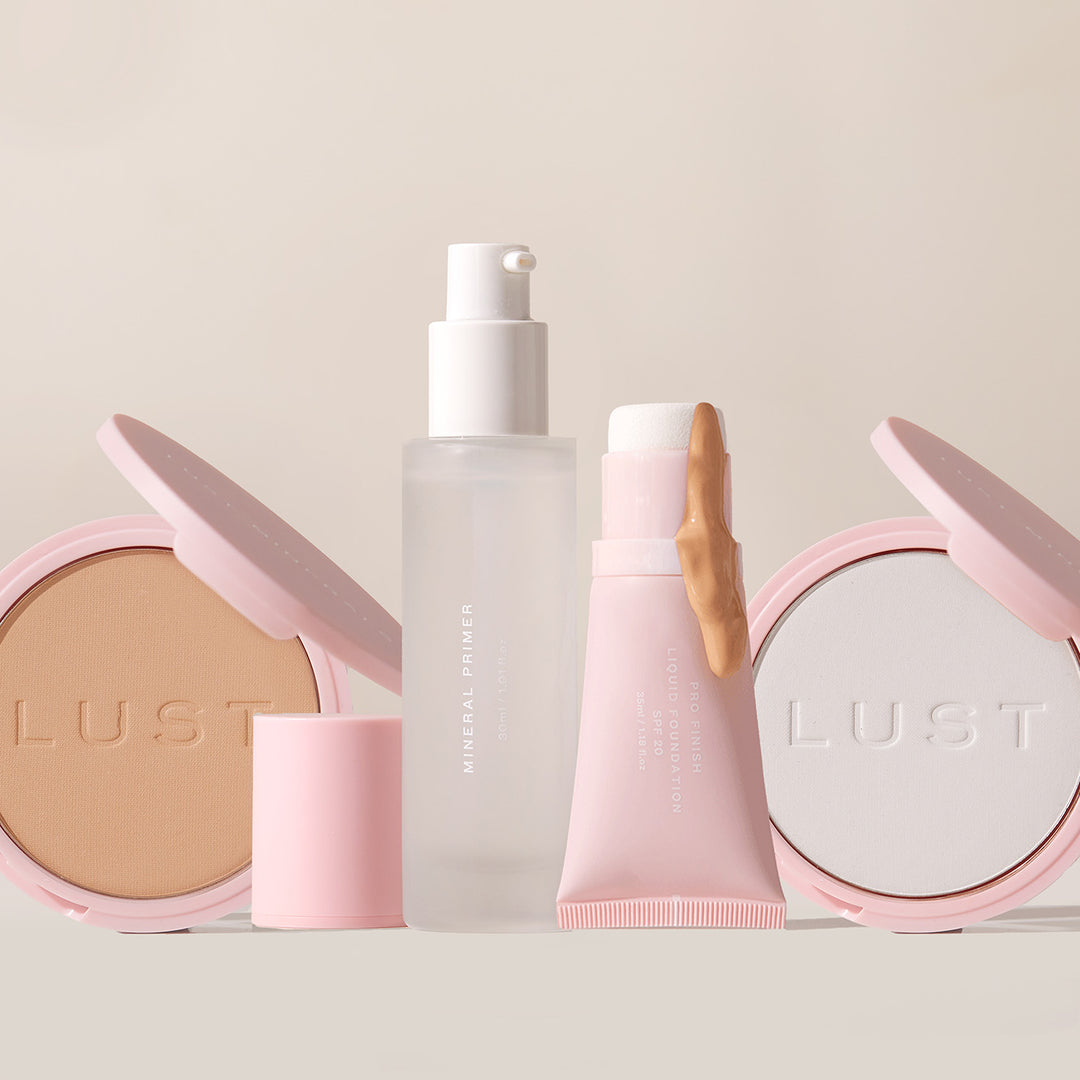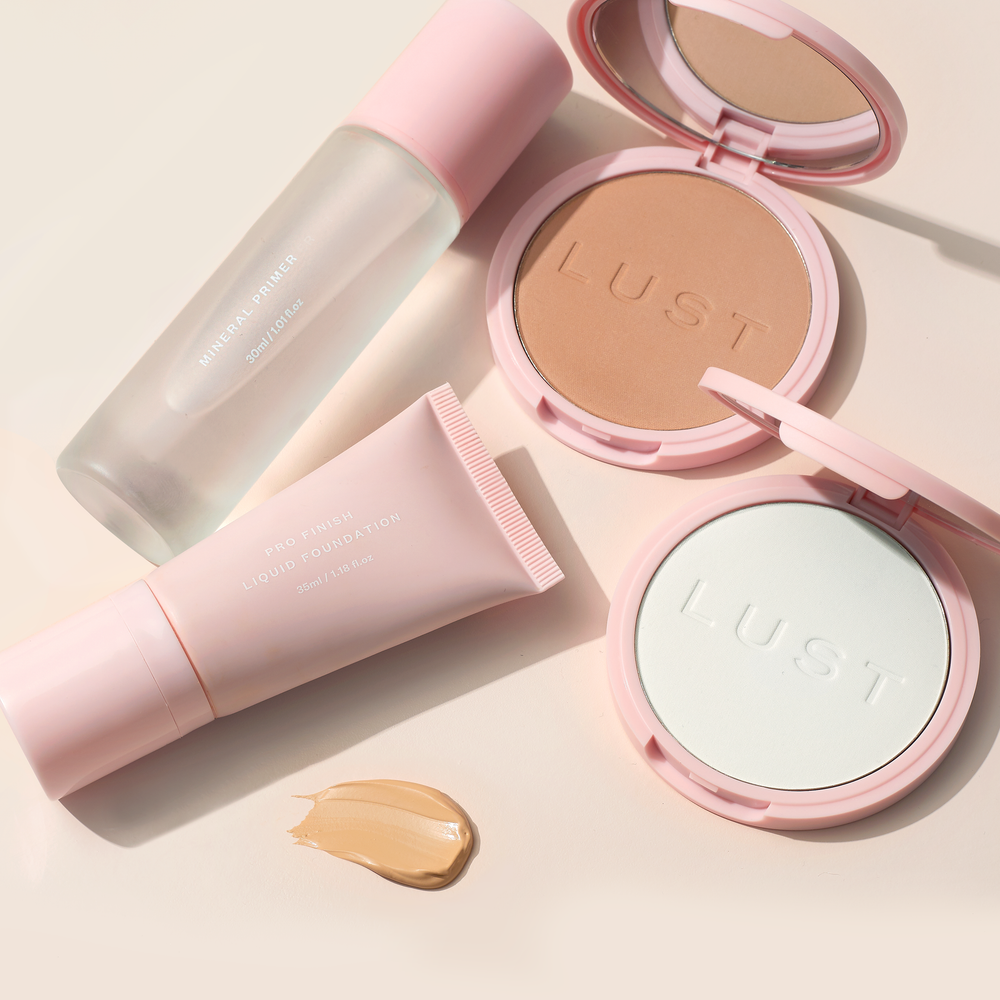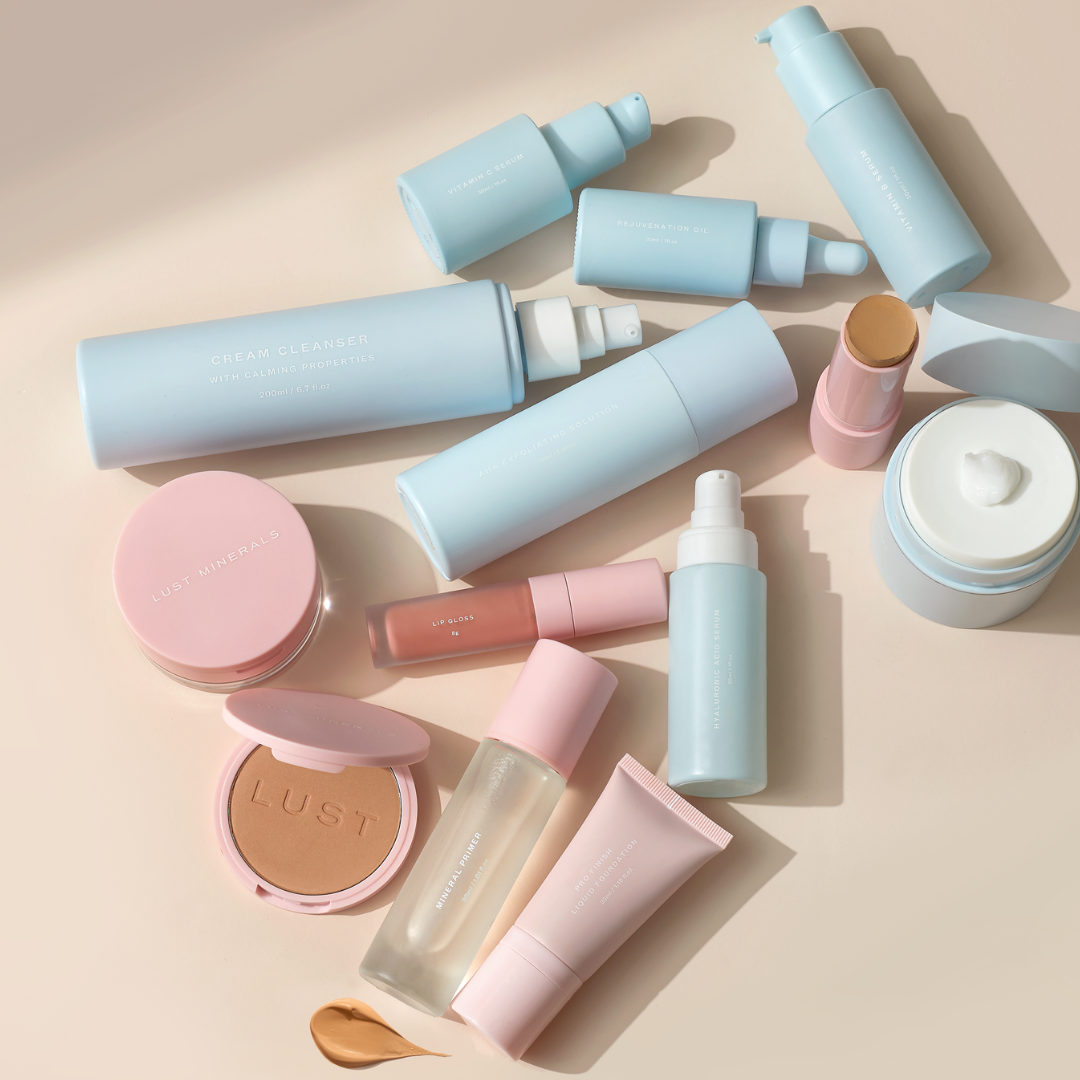The Real Price of Drugstore Makeup
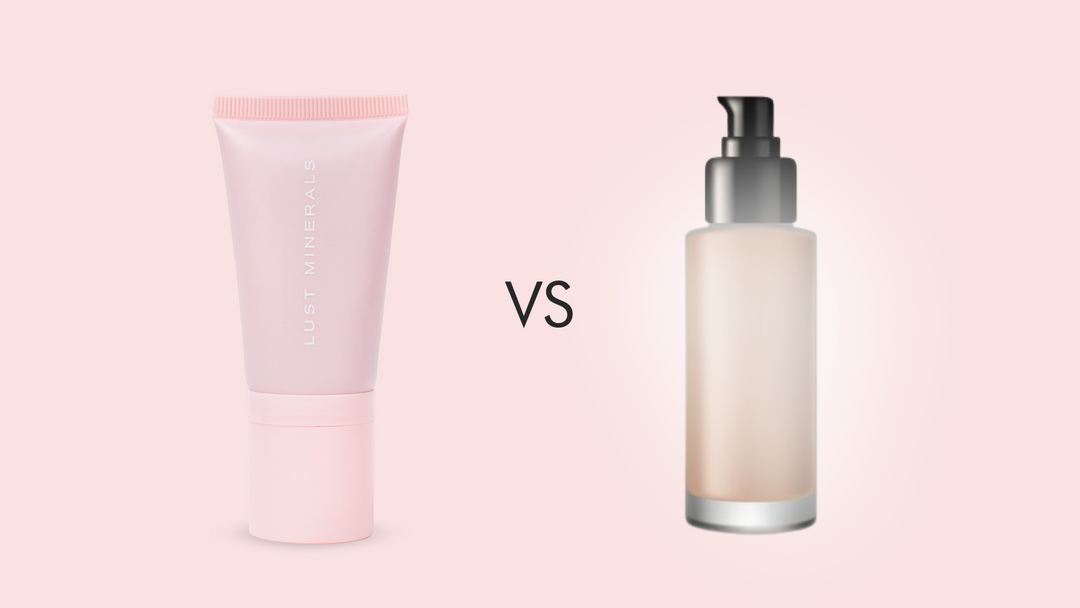
Have you walked into a chemist or grocery store and wondered why a foundation is $15 or a mascara is $8, yet a well known ethical brand charges $60 for a foundation and $35 for a mascara?
Whilst the instant gratification to satisfy our bank accounts is present, what is this actually doing for our skin in the long run, and how are our choices now affecting our bodies and the environment in the long run?
What if the real cost of a cosmetic product isn’t the number on the price tag? Dan Aires, Director of Dermatology at the University of Kansas Health System cautions against ‘blindly trusting brand name products’ found primarily in drugstores. These products are highly likely to include chemicals that irritate the skin, causing the user to apply more of the initial product in efforts to cover the breakout. This vicious cycle can lead to irreversible, long-term skin damage which may prove extremely expensive down the track.
Not only are these products severely harming the skin, they are damaging the environment too.
Did you know that chemicals in cosmetics endanger the environment further when washed down the sink?
The harmful ingredients fail to break down and subsequently build up in our ecosystems (oceans, rivers, human water supply) affecting sea life. So what can you do to help and how can you minimise your chemical footprint?
The first step is educating yourself on the products you’re using, the chemicals you’re allowing into your skin and then recycling back into the ecosystem. The most effective method is recognising which chemicals are harmful and identifying them on the ingredients lists of products. All Lust Minerals products are designed and manufactured in Australia, support cruelty free and are vegan certified. Furthermore, all products are free from Talc, FD & C dyes, Synthetic Preservatives and Parabens. We pride ourselves in providing cleaner alternatives without sacrificing the quality or performance. 
As humans, it is impossible to live the entirety of our lives ethically or sustainably, however daily conscious decisions can help form a more environmentally-friendly society and planet. Being an ethical consumer translates to choosing products that promote sustainability not only in the manufacturing process but also in their afterlife. Make sure you know exactly what you’re putting on your skin and into your body by reading the ingredient labels. After all your 60 year old self will thank you for it.
Want to start making small changes for yourself and the world around you? Chat to one of our friendly skin specialists who can help you find cleaner alternative products to get your started! Click here to have a conversation.




